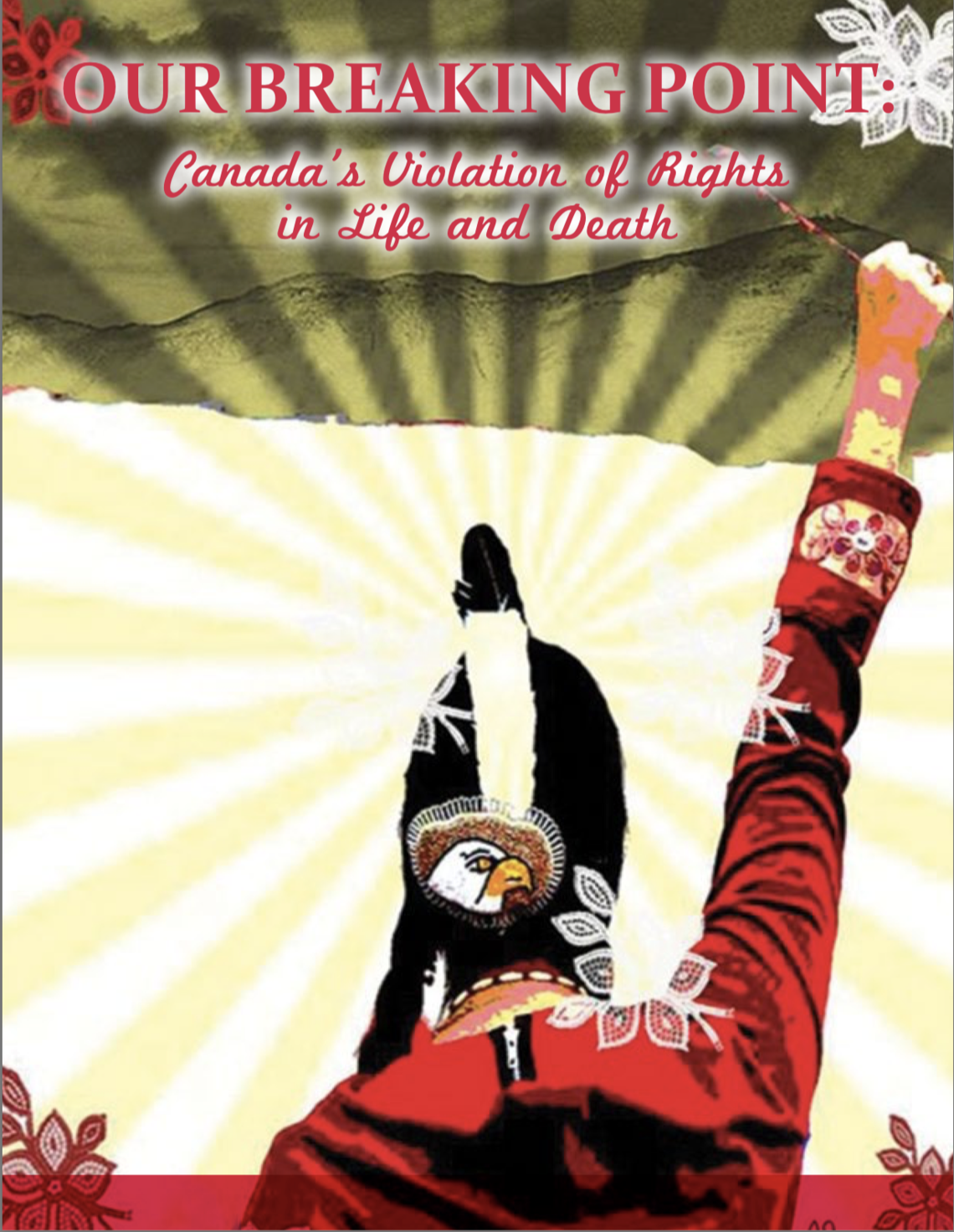Nov. 2, 2018
Social Work hosts on-campus panel calling for justice for Indigenous women

Maisy Odjick and Shannon Alexander are two missing Indigenous women in Canada who were commemorated.
Flickr photo by Obert Madondo, licensed under Creative Commons
In June 2011, Cindy Gladue, a mother of two, was killed in Edmonton by Ontario trucker Bradley Barton. Barton was acquitted of murder charges following a trial that saw Gladue experience a further dehumanizing indignity, when her body was used as physical evidence during the trial.
As Indigenous lawyer Christa Big Canoe wrote at the time, the trial became a symbol of “how the Canadian legal system does not adequately address Indigenous concerns and protocols; refuses to protect those we know are most victimized; and shows that the justice system is not resolving the sociological phenomenon of missing and murdered Indigenous women.”
A conversation about justice for Indigenous women
In some ways the shocking case became a galvanizing moment in Canada and generated outcry from coast to coast. Now, as this case is being appealed in front of the Supreme Court, Canadians are rallying and demanding transformative change in the Canadian justice system.
- Above: Maisy Odjick and Shannon Alexander are two of the missing Indigenous women in Canada who were commemorated during a 2013 vigil on Parliament Hill.Friday's panel discussion at the University of Calgary is a call to action to demand justice for Indigenous women.
This Friday, Nov. 2, noon to 1:30 p.m., a panel conversation, which is part of a national movement called Our Breaking Point, is being held in the Faculty of Social Work and simulcast to the Taylor Institute for Teaching and Learning Studio B. The conversation is being hosted by the Faculty of Social Work, along with Pamela Beebe from the University of Calgary’s Indigenous Strategy team, the university’s Office of Diversity, Equity and Protected Disclosure (ODEPD), the Women’s Studies Program, the Women’s Resource Centre at the University of Calgary, and a number of community groups.
“Friday's conversation brings in experts who are working on the front lines of the missing and murdered women's movement,” says one of the organizers, Social Work professor Dr. Liza Lorenzetti, PhD. “The speakers will discuss the treatment of Indigenous women within the context of our relationships and reconciliation.”
Speakers include Pamela Beebe, Josie Nepinak, executive director of Awo Taan Healing Lodge Society, and Michelle Robinson, committee member of the Missing and Murdered Indigenous Women Calgary committee, and Adrian Wolfleg, from Siksika (Blackfoot) Nation and a Cultural Knowledge Keeper from the Alberta Men’s Network.

Our Breaking Point campaign, organized by the Institute for the Advancement of Aboriginal Women.
Our Breaking Point campaign
Event simulcast to Taylor Institute for Teaching and Learning Studio B, 12 - 1:30 p.m.
Because the event in social work is already full, students, staff and faculty are invited to view a simulcast of the panel in the Taylor Institute Studio B, which Lorenzetti describes as a call to action for those who take reconciliation seriously.
“The Faculty of Social Work, along with all of our partners hosting this event, are standing in solidarity,” says Lorenzetti. “This is an important conversation and people need to get involved and also to take action in areas that we need to change, including how we remediate the systems that are creating marginalization and oppression.”
Attendees are encouraged to become educated on the issues, to advocate for change and to use #ourbreakingpoint to make their thoughts known. Portions of the event will also be broadcast via Facebook Live on the Faculty of Social Work’s Facebook page.
The full list of partners presenting this event includes: the Faculty of Social Work, The University of Calgary Office of Diversity, Equity and Protected Disclosure (ODEPD); Women’s Studies Program; and the Women’s Resource Centre at the University of Calgary. Community partners include Social Workers for Social Justice Calgary; Social Workers for Indigenous Social Justice; The Alberta Men’s Network; and Peace in Harmony Family Choir.
